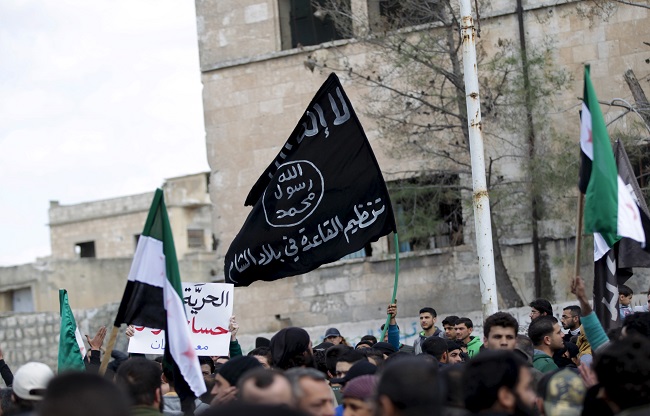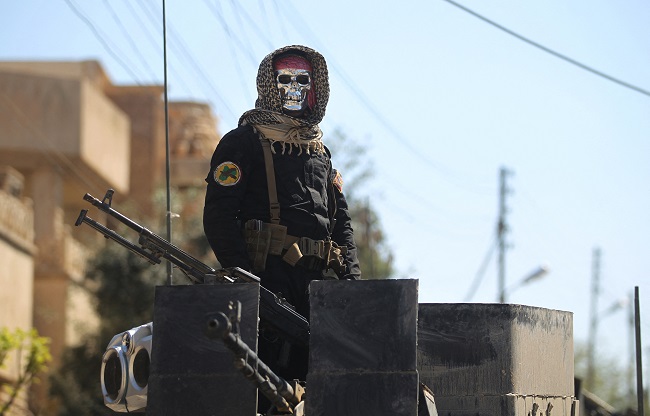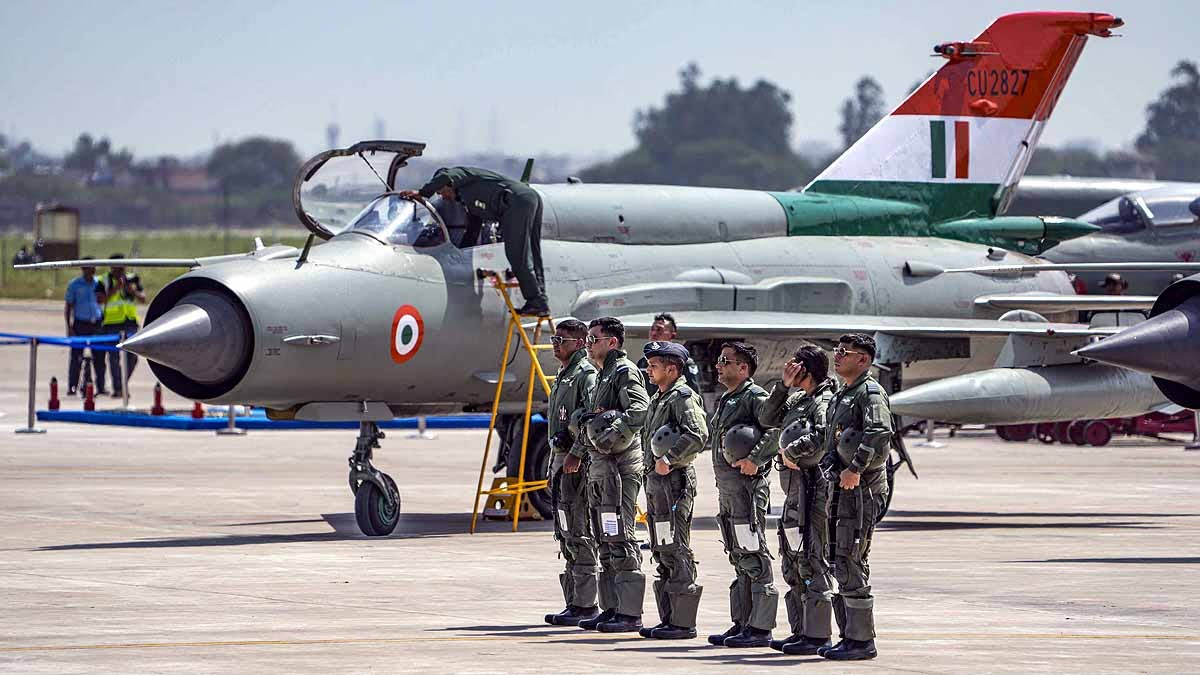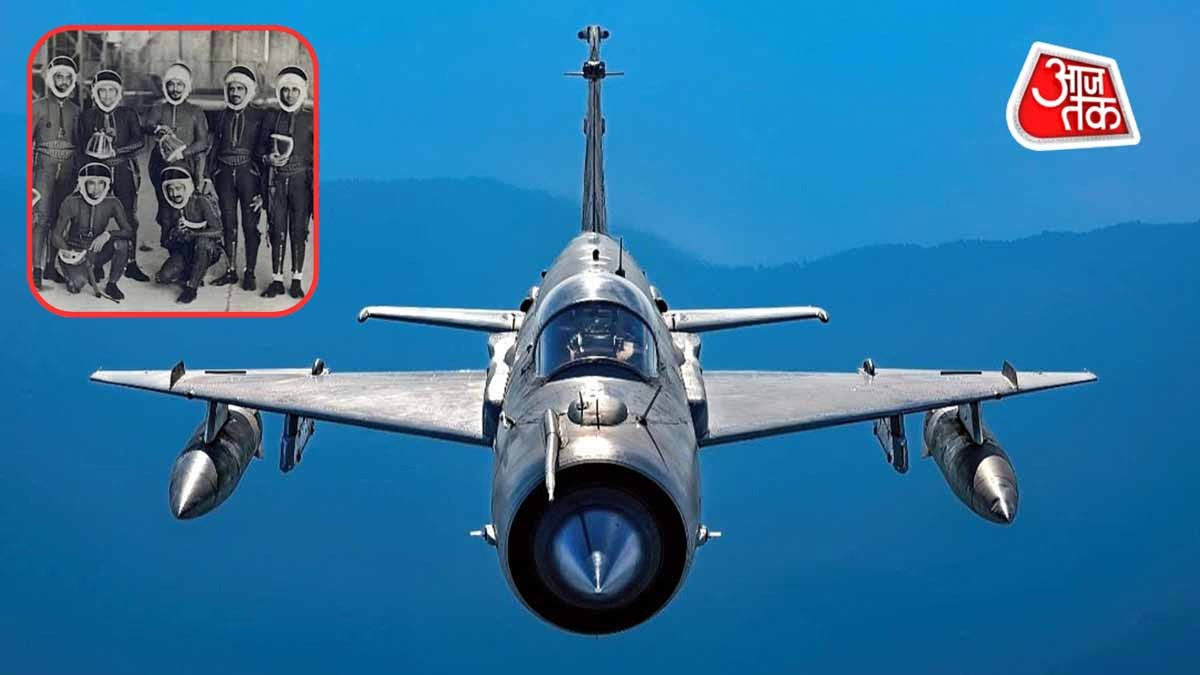Wednesday unfolded with a sense of alarm across Delhi NCR as numerous schools were barraged with threatening emails alluding to bombs planted on campuses. The swift response from the police averted any tragedy, and no explosives were uncovered. This incident, while uneventful, points towards a potential ISIS hand in the hoax. Discover how the Islamic State continues to claim a frighteningly active presence in various nations today.
Tracking Islamic State Activities
An American think tank, the Washington Institute, launched an activity tracker estimating ISIS's current operational regions and methods based solely on their patterns of attack and claimed responsibilities. A year into this research, the findings are nothing short of terrifying.
Over a Thousand Assaults Acknowledged
Within the span of a year, Islamic State has claimed responsibility for 1,121 attacks, accruing a tragic tally of 4,770 casualties. The Islamic State West Africa Province (ISWAP) has accepted responsibility for these assaults.
Operating from These Nations
Countries like Benin, Burkina Faso, Cape Verde, Gambia, Ghana, Guinea, Guinea-Bissau, Ivory Coast, Liberia, Mali, Niger, and Nigeria have been pinpointed as active bases, with Syria, Iraq, and Central Africa also being potential hotspots. Particularly alarming are the high casualties noted in the Khorasan region, across Pakistan, Afghanistan, and northeastern Iran, where militants appear intensively active.

Source: aajtak
Their Operational Tactics
When ISIS proliferated across Iraq and Syria, coordination among terrorists was more straightforward. These days, they have scattered globally, often staying hidden and relying on time-tested strategies. They target underprivileged communities where government control is weak and susceptibility to radical ideologies is high due to poverty and economic hardship.
Local Factions Adopted as Representatives
A report by National Public Radio in Washington sheds light on how ISIS is solidifying its foothold by allying with existing organizations. They have been transforming these minor groups, turning them into ISIS's branching entities or splinter groups that escaped to remote areas when military forces initiated anti-terrorist campaigns in Syria and Iraq.
Direct Aiding of Affiliated Guilds
Some factions receive direct support from ISIS, like the Islamic State in Greater Sahara (ISGS), which benefits from ISIS-backed funding and weaponry. Similarly, Islamic State in West Africa (ISWA) remains active in nations like Chad, Cameroon, and Niger as a recognized part of the Islamic State network.

Source: aajtak
Funding Sources for ISIS
Despite losing its strongholds in Syria and Iraq as of 2019, Islamic State promptly secured multiple African revenue streams, especially through smuggling operations. Libya, Nigeria, and Burkina Faso, rich in gold and oil reserves, became prime areas for ISIS to exploit. According to the African security institution, Institute for Security Studies, these smuggling operations are now primarily conducted by militant groups.
Extortion Practices Among the Wealthy
Extremist organizations in northeast Africa have resorted to imposing taxes on affluent merchants, akin to a coercive form of fundraising. ISIS sympathizers, many of whom secretly admire the group's ideology, also provide hefty donations. Organized crimes such as robbery and kidnappings supplement their financial reservoir.
Arrests Spanning Nearly 50 Countries
Since the supposed defeat of Islamic State in 2019, America remains vigilant, sanctioning wealthy individuals harboring ISIS ideologies and making numerous arrests. As per the Washington Institute, the past year has seen 470 cases across 49 countries with links to Islamic State activities, ranging from attack planning to spreading extremist ideologies online.




